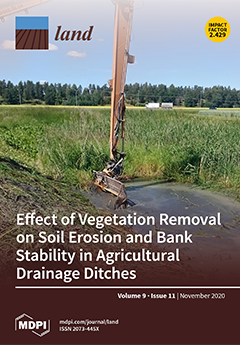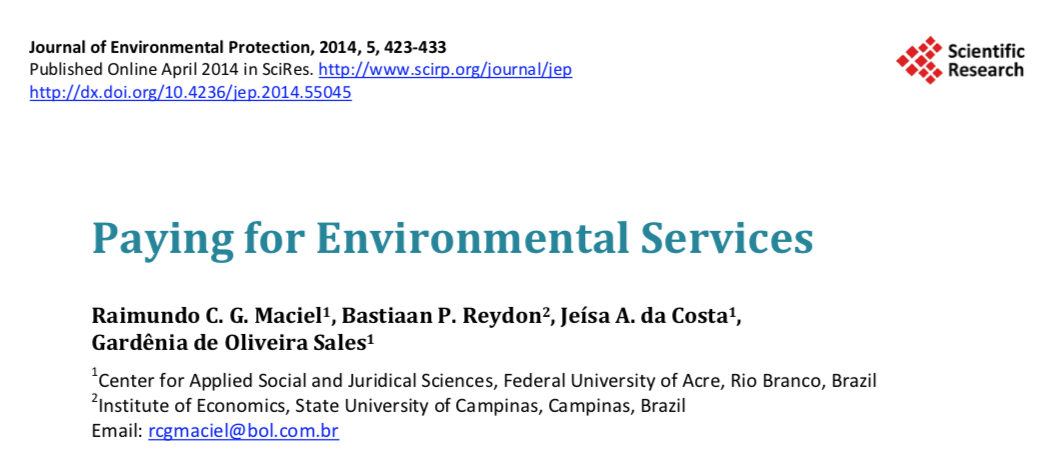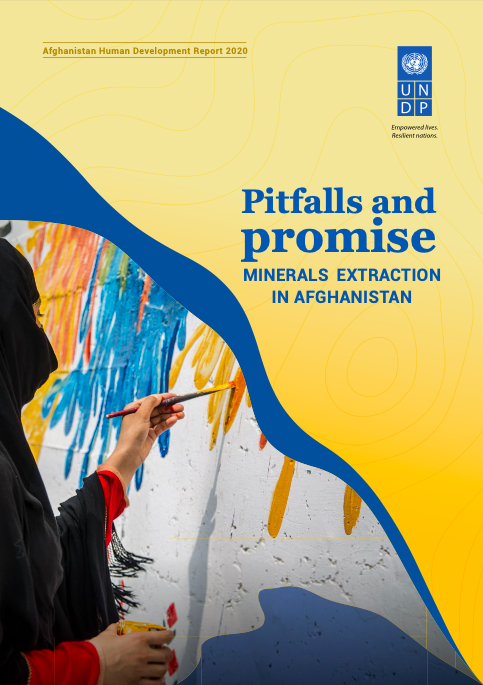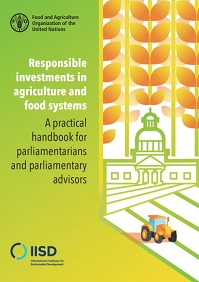Network of Landscapes in the Sustainable Management of Transboundary Biosphere Reserves
The creation of Transboundary Biosphere Reserves (TBRs) is one of the most outstanding contributions of the United Nations Educational, Scientific, and Cultural Organization (UNESCO) Man and Biosphere Programme (MAB). Recent revisions have shown that there is a gap between its biodiversity conservation proposals and the theoretical convergence of nations towards sustainable development goals with the practices in action.








